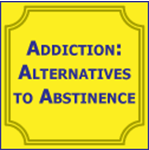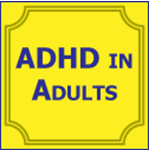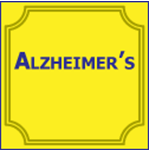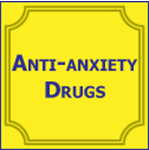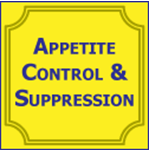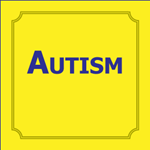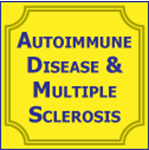You have no items in your shopping cart.
Booklets with Test
Addiction: Alternatives to Abstinence
Identifies the three major treatment models for addictive behaviors and a brief history of each: (a) the moral model, (b) the medical model, (c) the harm-reduction model. Describes the most recent research on the effectiveness of abstinence and harm-reduction addiction treatment programs and who each approach is best suited for. Lists protective behavioral strategies (PBS) used in moderating alcohol use among college students. Identifies the risk factors for “overdose” and list the strategies for prevention. Describes approaches to treating opioid dependence and the benefits and drawbacks of each.
$30.00
ADHD In Adults
Identifies the rates of incidence and essentials of diagnosis of Attention Deficit Hyperactivity Disorder. Discusses the issues and controversies in diagnosis of adult ADHD. Describes the clinical essentials of differential diagnosis of ADHD in adults and presentations of other disorders with similar core symptoms. Identiies medications (stimulants and non-stimulants) that may be used in pharmacological management of ADHD in the adult population. Discusses the recent developments in the field of non-stimulant medications for adult ADHD, including cholinergic drugs and atypical antidepressants.
$30.00
Alzheimer's
Describes Alzheimer’s disease. Identifies the 10 warning signs of Alzheimer’s disease. Explains the benefits of early diagnosis of Alzheimer’s disease. Enumerates the goals of Alzheimer’s treatment.
$30.00
Anti-Anxiety Drugs
Outlines the diagnostic issues of various anxiety disorders including GAD, panic disorder, OCD, and social phobia. Identifies differentials of anxiety disorders and the nomenclature of phobias and related conditions. Describes commonly used pharmacological agents and their interactions, side effects, and expected effects. Addresses the issue of co-administration of these drugs with dental drugs. Identifies approaches to co-management of anxiety and depression, anxiety and alcohol-related disorders, and acute toxicity of benzodiazepines.
$30.00
Antioxidants: A Balancing Act with Free Radicals
Identifies what free radicals and antioxidants are, their functions, and how they interact. Reviews the current views on biochemistry and clinical features of vitamin E and vitamin C, as well as other commonly consumed antioxidants. Discusses the most practical strategies for managing deficiencies and toxicities of antioxidant vitamins. Discusses the current scientific debate over the role of antioxidants in a variety of conditions, including age-related macular degeneration.
$30.00
Appetite Control & Suppression
Describes how appetite is normally regulated. Cites how appetite can become dysregulated and contribute to weight gain and obesity. Describes a range of factors that can influence appetite control. Identifies lifestyle interventions that can be used to regain appetite control. Identifies the role of appetitesuppressing medications.
$30.00
Autism - 3 Hours
Describes the differences between the previous Diagnostic and Statistical Manual of Mental Disorders (DSM-IV), and the current one (DSM-5) in terms of how autism, autism spectrum disorder (ASD) and related disorders are viewed and diagnosed. Identifies the physiological, familial, and psychological issues in the clinical diagnosis of autism spectrum disorder. Identifies the issues of toxicity from heavy metal (mercury, lead) and other pathogenic factors in the development of autism spectrum disorder. Identifies medications used in management of various clinical resentations and comorbidities of autism spectrum disorder. Discusses appropriate nonpharmacological (general health, psychological, and behavioral) approaches to the treatment of autism spectrum disorder.
$30.00
Autoimmune Disease & Multiple Sclerosis - 3 hours
Identifies the causes and types of autoimmune disease. Identifies common symptoms of multiple sclerosis. Describes the issues in diagnosing multiple sclerosis. Identifies possible courses of multiple sclerosis disease progression. Identifies available therapeutic options, including disease-modifying drugs, therapeutic agents for alleviating symptoms, and behavior modifications that may benefit a multiple sclerosis patient.
$30.00

